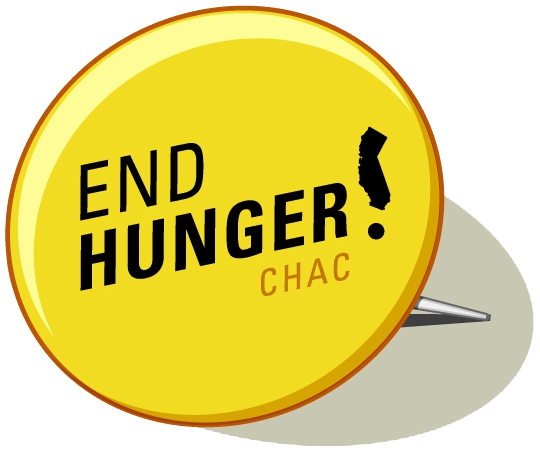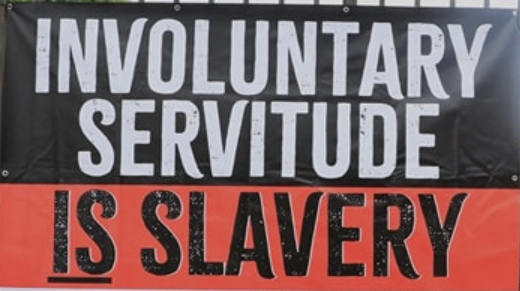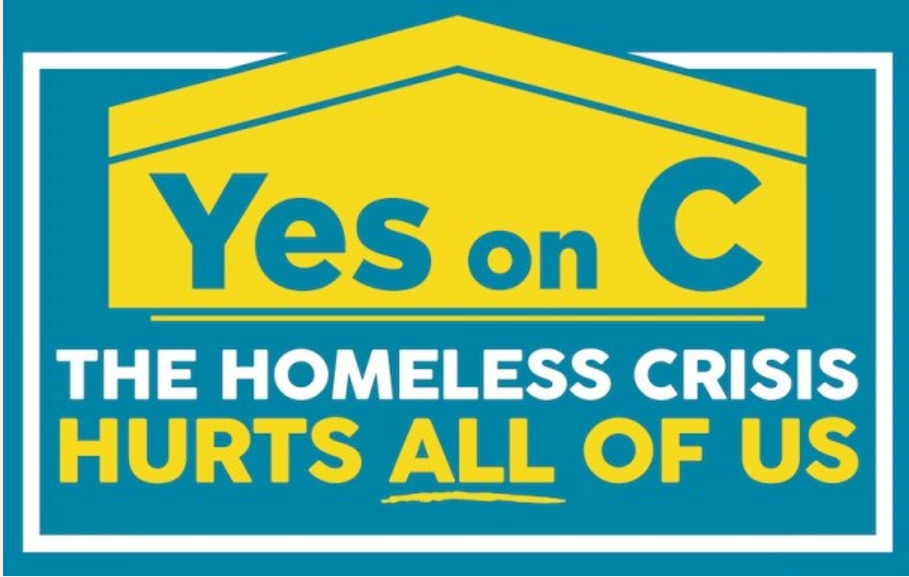Why?
- This is a rare and historical moment where conditions are in place to affect great change for thousands of San Franciscans. As property values and rents skyrocket while tents proliferate, residents are more motivated than ever to see homelessness addressed. Raising revenue to address homelessness has been a great challenge given California’s restrictive laws that require two-thirds approval of voters for any special tax that is dedicated to a particular use.
-
Passed by the voters of San Francisco in November 2018 with 61% of the vote
- Prop C levies a tax upon any San Francisco business that earns more than $50 million in gross receipts. That money is directed toward housing, mental health and homelessness services.
Legal challenges and victory
- After Prop C passed the Howard Jarvis Taxpayers Association and other business groups filed a lawsuit seeking to invalidate Proposition C, alleging that it required a two-thirds supermajority requirement to pass. But the city scored a legal victory in the Superior Court in 2019 and another in the court of appeals in June 2020. Then the California Supreme Court declined to hear the case in September 2020, so the Appeals Court decision stood, and Prop C officially become San Francisco law.
-
What Prop C will achieve
- This measure emphasizes real change by addressing the needs of the more than 15,000 people our homelessness system touches each year. With its passage, San Francisco will finally be able to get its residents off the streets and in permanent housing, shelter and services. This measure will make our city a model for homelessness services nationwide and benefit all San Franciscans by saving lives, cleaning and rehabilitating streets, and creating a community where all its citizens are cared for.
Permanent solutions:
- At least 50% of the funding must go to housing
- Housing solves homelessness! Prop C will pay for construction, rehab, prevention and operating subsidies of approximately 4,000 units of housing, 1,000 of which would serve families. Our goal is to house all those who are currently experiencing long-term or chronic homelessness, suffer illness or disability, or who are families with children. The planned investment in permanent supportive housing is $648.2 million over the next three fiscal years.
Transforming our severely underfunded mental health and substance abuse system:
- At least 25% of the fund is intended to be spent on mental health services
- This is funding the San Francisco Department Public Health will use on intensive wrap-around services, street-based care, treatment, drop-in services, residential facilities and housing to care for and stabilize our highest-needs people suffering from mental illness and substance use disorders. The planned investment in mental health expenditures is 340.5 million over the next three fiscal years.
Preventing homelessness:
- Up to 15% of the fund will be allocated toward prevention
- This measure will ensure 7,000 San Francisco households get legal, rental, and other essential assistance so our neighbors can stay in their homes and stop falling into homelessness in the first place. The planned investment in homelessness prevention services is $194.3 million over the next three fiscal years.
Shelter and hygiene programs:
- Up to 10% will be used to pay for immediate needs
- Far too many in San Francisco sleep on the streets without access to basic shelter. This measure will provide 1,075 new navigation center beds as well provide access to hygiene services by funding public bathrooms and showers. The planned investment in the shelter system and hygiene programs is $140.9 million over the next three fiscal years.
Prioritizing services:
- The measure caps the city’s administrative costs at only 3% of the total funding.
How will this be paid for?
- Prop C mandates fair share contributions of an average of .5% from earnings over $50 million from SF businesses ($5 per $1,000 annually). Those industries with lower profit margins receive a smaller percentage increase, while those with higher margins receive a larger increase.



